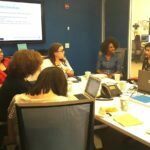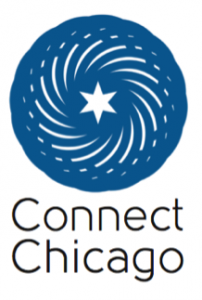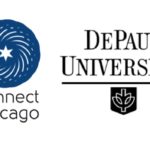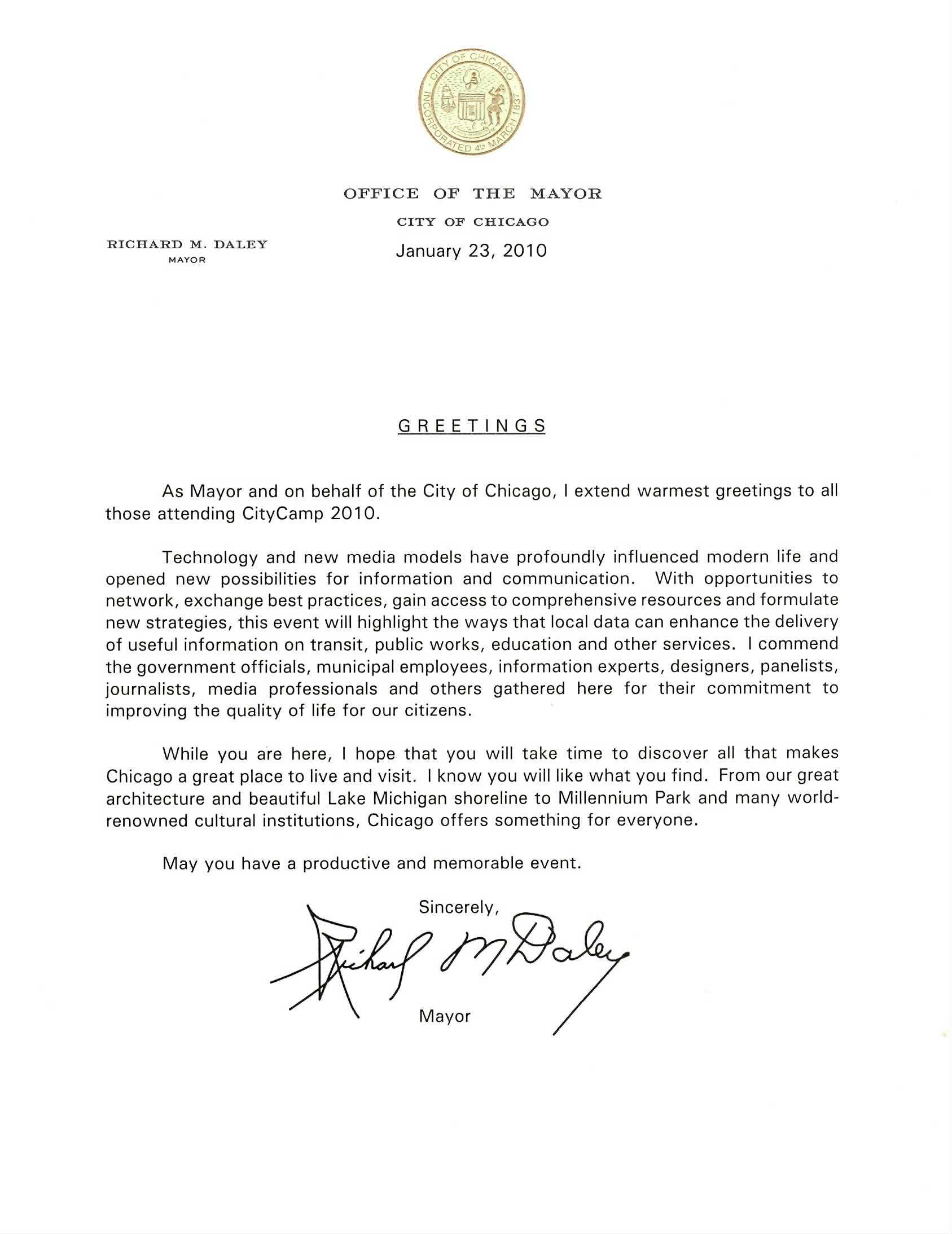Smart Chicago Collaborative had a very busy 2013 year. Here’s a look back.
At the beginning of the year, I wrote a post about turning civic hacking into civic innovation. Specifically, has the civic technology community in Chicago become more engaged with everyday residents in Chicago? Have we expanded the community to include more people including those who aren’t necessarily technologists?
Visibility
This year the we were featured in the Wall Street Journal, RedEye Chicago, Chicago Tribune, and Chicago Tonight.
We also had our written work published in a variety of places including Crain’s Chicago, the City’s Digital Blog, the Code for America Blog, GovFresh, and the new Code for America anthology Beyond Transparency.
In addition to written work, Smart Chicago was able invited to speak at a number of events this year including the Aspen Ideas conference, Code for America Summit, UIC Urban Forum, and the Digital Media Learning conference. We were also honored to have Christopher Whitaker named as a White House Champion of Change where he spoke about the civic innovation ecosystem in Chicago.
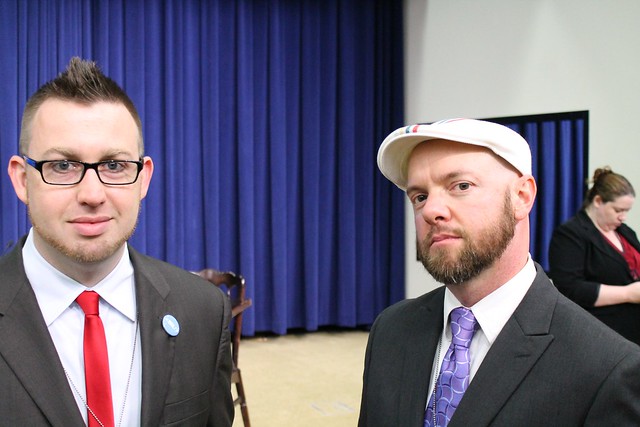
Being more visible in the community helps our outreach efforts in both recruiting technologists for civic activities, partnering with nonprofits, and finding ways to work together to build civic partnerships. Aside from our outbound communication, we also hosted several events in 2013 aimed at fostering civic partnerships.
Events
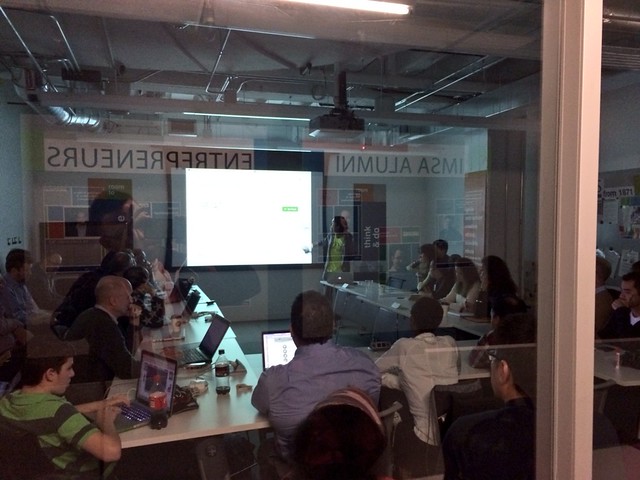
This year we hosted a number of hackathons on a wide range of subjects from mapping to Immigration to Public Health. Additionally, Smart Chicago played host to the OpenGov Chicago Meetup which featured speakers like City Clerk Susana Mendoza, Brett Goldstein, Waldo Jaquith, and covered topics from improving diversity in technology to thoughtful critiques of the open gov movement.
One of the biggest events we were involved with was National Day of Civic Hacking. Chicago had the largest number of active participants with over 400 people attending one of three simultaneous events.
So, we’re definitely getting out there and engaging with the public. But, in terms of actual real tangible results, what have we done this year?
Projects
Connect Chicago
The Connect Chicago program has both a public facing and an internal goal. The public facing goal is to provide Chicago residents with an easy way to find places to use a public computer in Chicago.

The other goal was to help the public computing centers through training and networking. Through the Connect Chicago Meetup group we’ve hosted a number of meetings to share our experiences with running public computing centers. Smart Chicago also hired a number of staff members to go out to each public computing center to take pictures and verify the information in the portal.
The work we’re doing on digital access and skills are important to civic innovation. It does little good if we create an app that makes civic life better if not every resident of Chicago can access it. It’s not only access to the internet we’re concerned about – it’s do they have the digital skills to take advantage of the internet once they’re online.
We also addressed this issue during our #CivicSummer program. The Civic Summer program, run in July and August of 2013, included more than 140 Chicago teens being trained to use the latest digital tools to organize themselves, amplify their voice, and take positive civic action. We were particularly excited about this program because we were able to work with great organizations like Mikva Challenge and Free Spirit Media.
Foodborne Chicago
Another project that has a direct impact on residents is the Foodborne Chicago project. While many of the civic webapps generated by the community receive visitors, the Foodborne project actively seeks out users.
Because the app listens to Twitter for reports of food poisoning, it allows the Chicago Department of Public Health an additional tool for proactive outreach. Since it’s launch, over a hundred restaurant inspections have resulted from the project. These are real world tangible results. This project breaks the fourth wall by taking what’s on the screen and having an effect in the physical world.
Next year
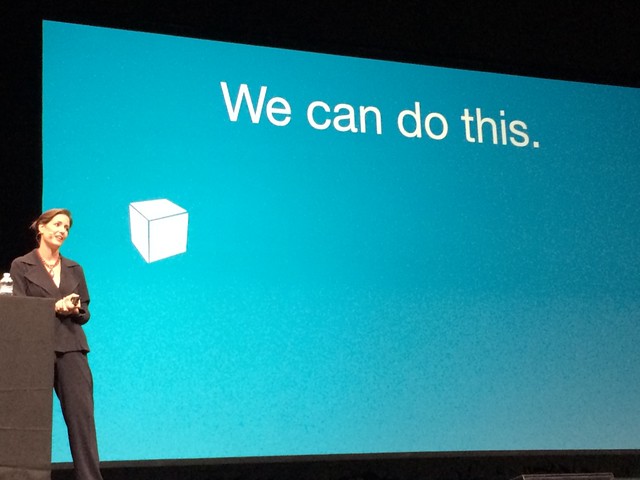
In 2013, there were at least a dozen hackathons and thousands given away in prize money. While there have been a number of apps that have come out of these events that have been really solid, we’re still hitting the wall in terms of creating apps that have a deep impact in Chicago. In 2014, we hope to build on the work we’ve done in 2013 and launch projects that create a deeper impact in the City of Chicago and the region.
Part of this work will continue to involve our partnerships with civic organizations such as LISC Chicago, the Chicago Public Library and Cook County through our Civic Works Project. In the next few months, we’ll be launching a number of projects aimed at supporting the work of these organizations.
We’ll also be doing more work in the greater metropolitan Chicago area. We’ve always said we care about Chicago, and as a city we have a lot to be proud of when it comes to this space. However, even if Chicago tremendous gains in civic innovation space, we will be limited in what we can do without the rest of the region also enjoying the benefits of open government and smarter cities.
Our commitment to digital skills will also continue with Smart Chicago Collaborative becoming part of the Hive Learning Network where we will be teaching courses about everything we’ve learned from our experience in this space.
We will also do whatever we can to support the development of civic startups in Chicago. We do this already with civic startups in general by being customers of civic startups having procured the services of Textizen, LocalData, DataMade and Azavea. We would like to expand our list of customers to more civic minded startups and organizations in Chicago. As a start, we’ve partnered with FreeGeekChicago for a project about the criminal justice system in Chicago.
Civic startups are a difficult prospect. These companies have a long sales cycle and companies wishing to do business with governments have unique hurdles given the way that governments must procure technology. However, civic startups represent the best possible way we can create sustainable civic innovation.
We’re excited about the progress we’ve made in the last year and look forward to what’s in store for 2014!
